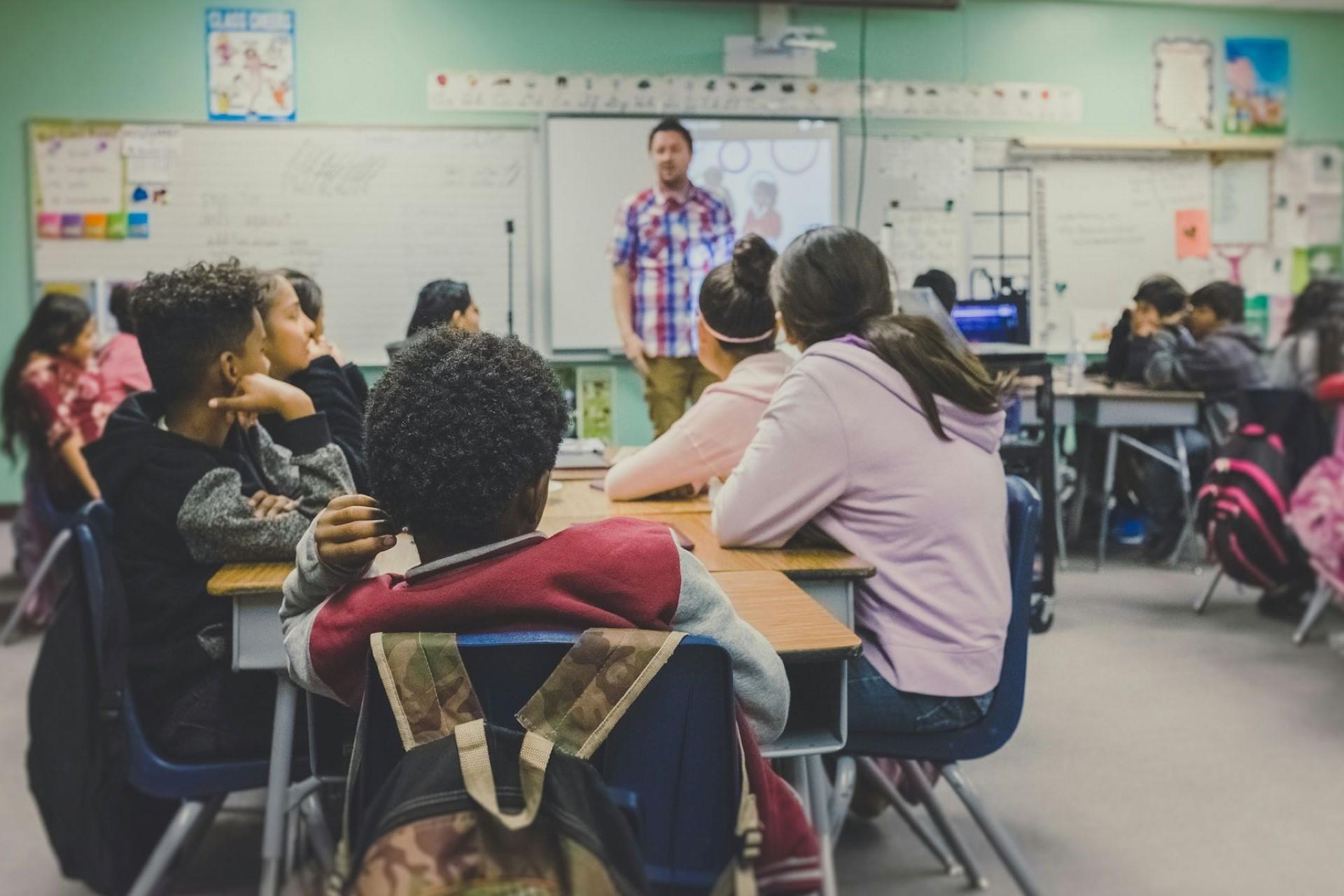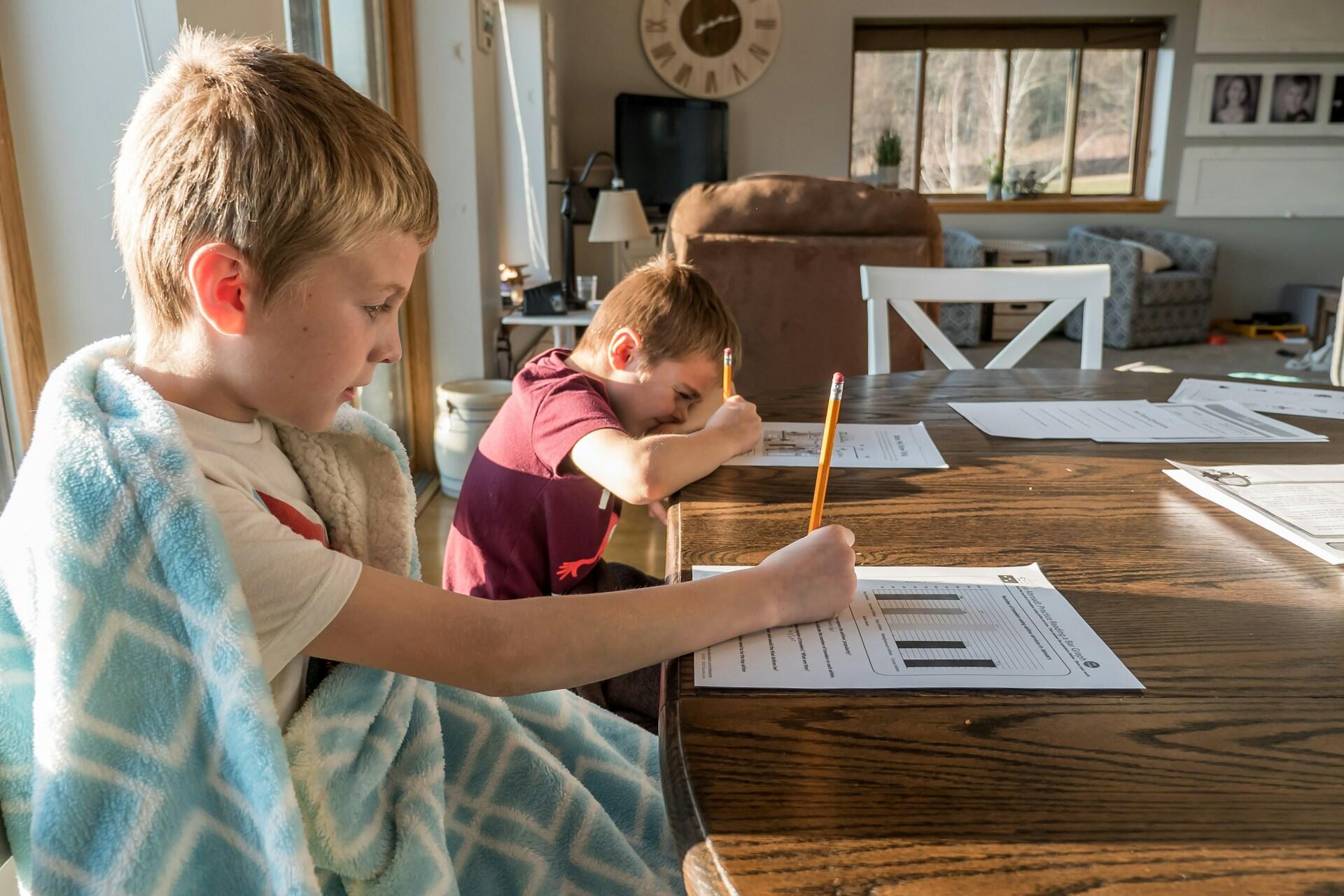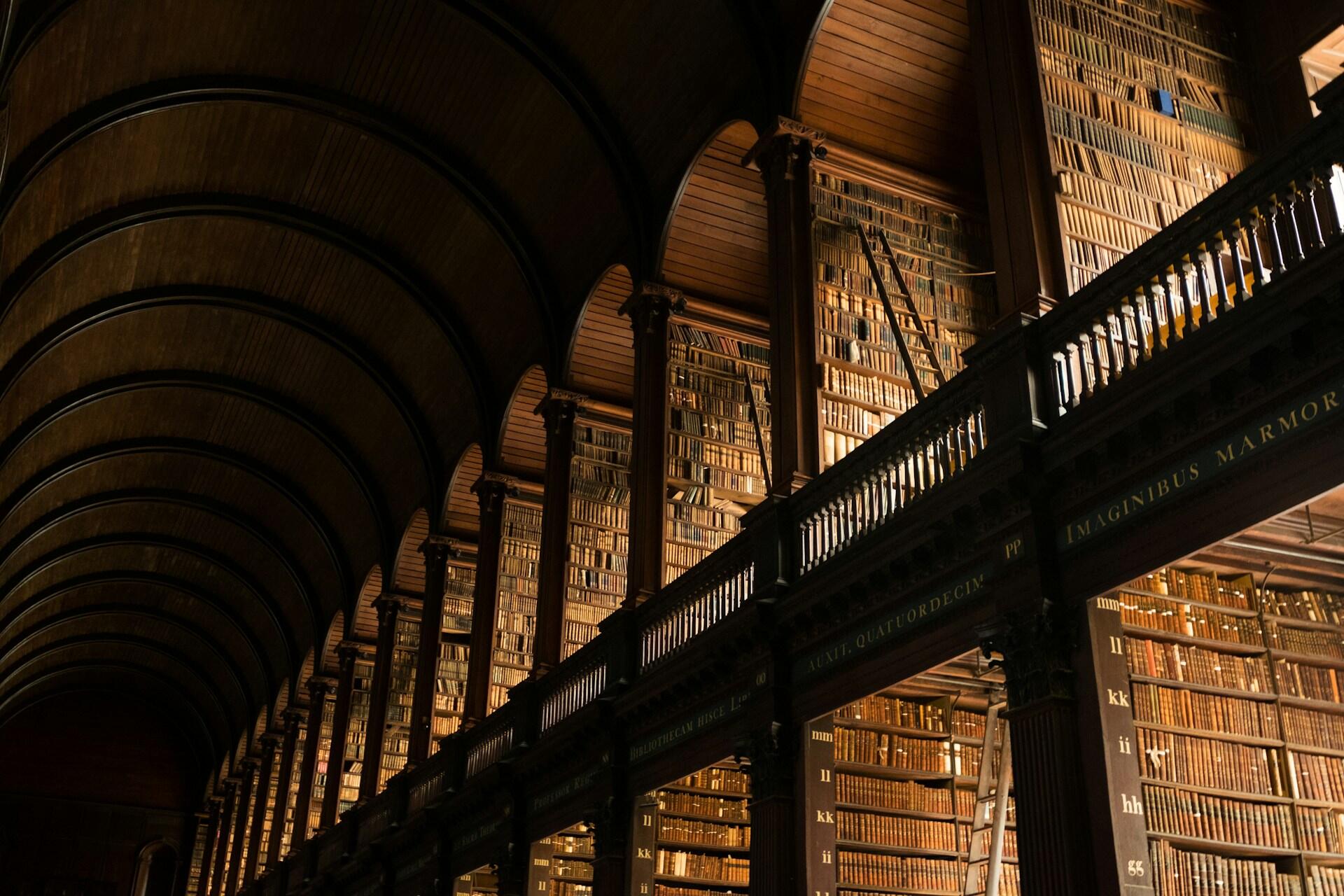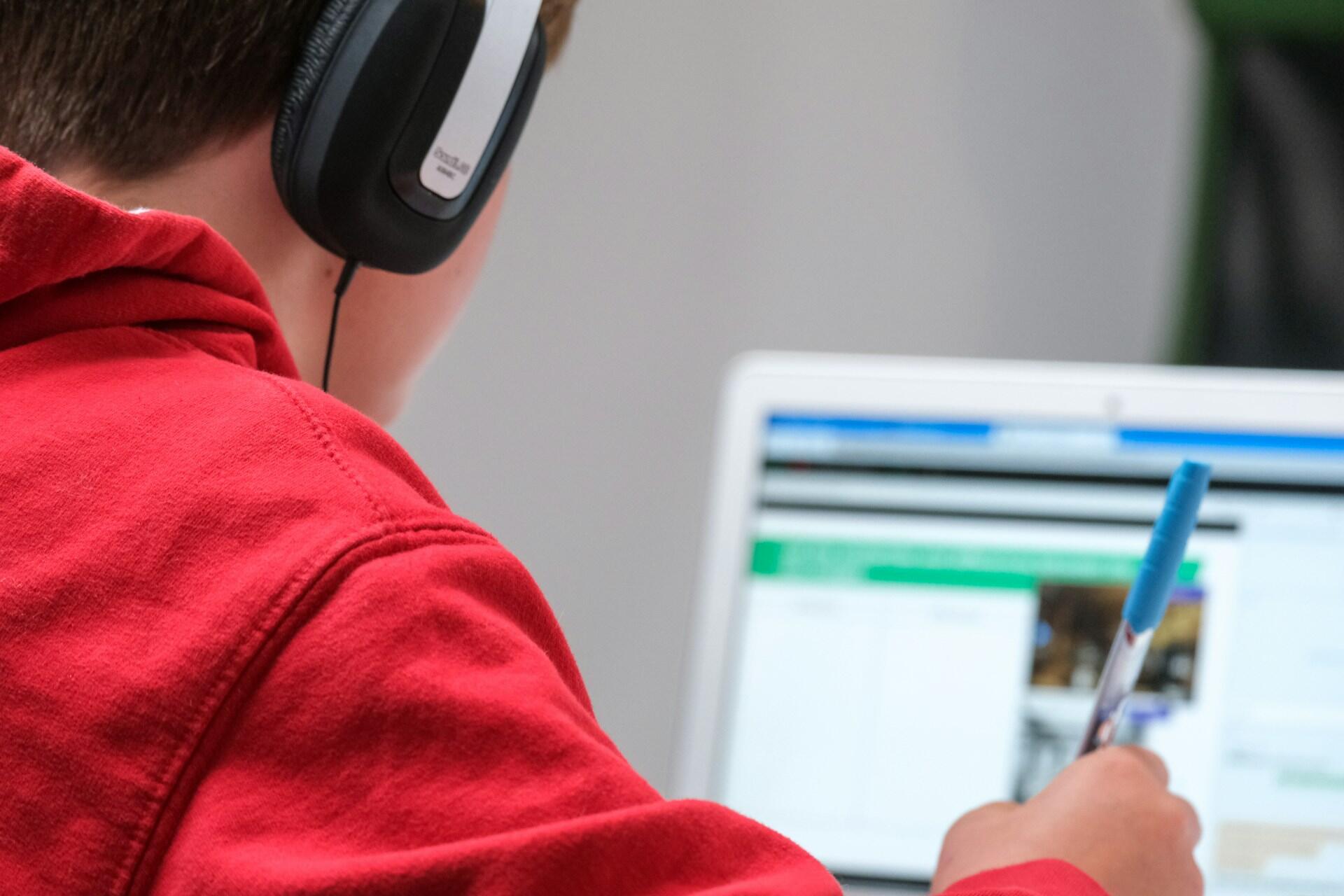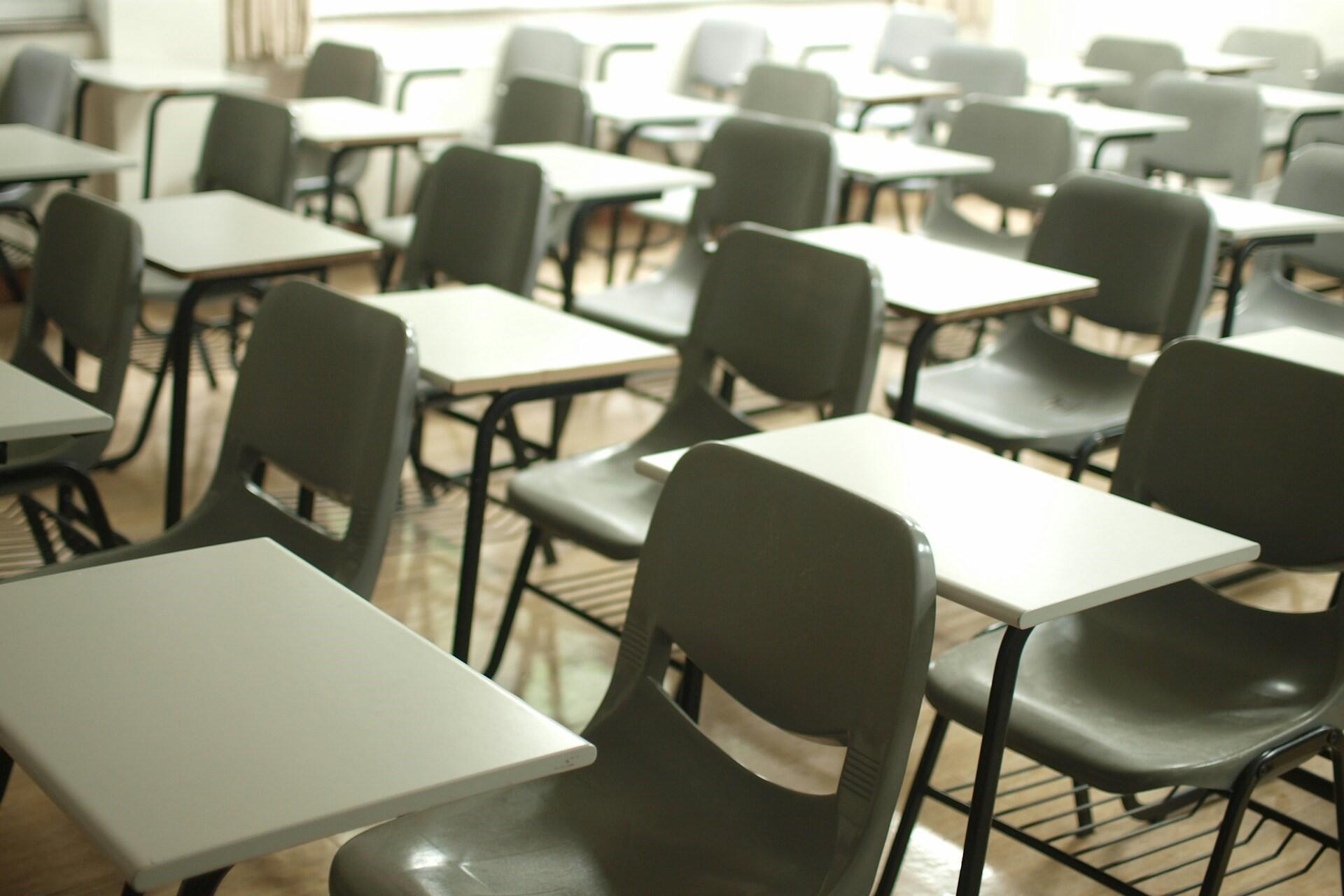Teaching is a rewarding and respected profession worldwide, and it gives people an opportunity to positively impact the lives of future generations. Teachers do more than just share knowledge with students; they inspire curiosity, confidence, and a lifelong love of learning. They're mentors and role models, and they play an integral role in Irish society and in societies around the world.
There is a multitude of ways to enter the teaching profession in Ireland, each catering to different interests, abilities, and skill sets. Whether you're drawn to primary, post-primary, or early childhood teaching, there's a pathway that's right for you. With the increasing demand for teachers in Ireland, now is a great time to embark on this rewarding career.
In this article, we'll examine the pathways to becoming a teacher in Ireland, the qualifications, salaries, and opportunities available. Whether starting your academic career or looking for a change, here's what teaching in Ireland can offer.

The Pathways to Becoming a Teacher in Ireland
Generally, teaching in Ireland can be divided into three main pathways: primary education, post-primary education, and early childhood education.
There are caveats and other ways into teaching, but these are the three main ones that we'll mostly focus on.
Primary Education
Primary school teachers work with children aged 4 to 12 and cover a broad curriculum that includes literacy, numeracy, science, and the arts.
At this level, Irish language proficiency is mandatory and an integral part of the curriculum. Teachers in this role take a more holistic approach, focusing on students' social, emotional, and intellectual development.
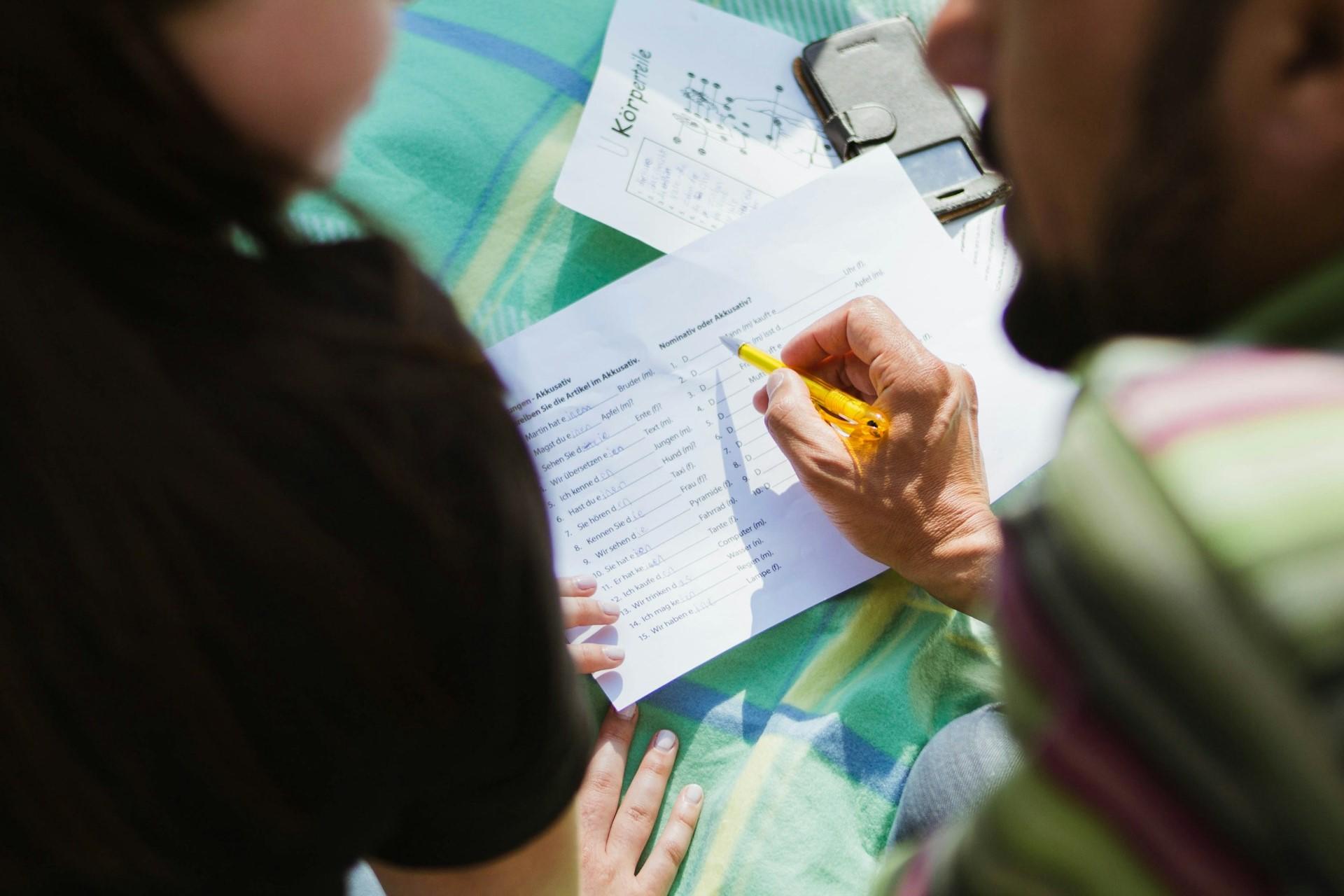
Post-Primary Education
Post-primary education teachers work with students aged between 12 and 18, specialising in a particular subject like mathematics, English, or science.
Irish proficiency is optional at this level, as there are also specialised Irish language teachers for post-primary students.
Post-primary teachers will also likely play the critical role of preparing students for major academic choices like their Junior and Leaving Certificates.
Early Childhood Education
Early childhood education is a teaching pathway focusing on Irish society's youngest members. Teachers work with children under six, emphasising creativity, emotional well-being, and foundational skills.
Early childhood educators play a key role in fostering inquisitiveness in young learners to prepare them for formal education.
These roles are particularly specialised as teachers need to cater to the unique learning needs of very young children, often using exploratory and play-based learning approaches.
Special Education
In addition to the three main pathways that arrange teachers by the age of the students they teach, every level also has an option for teachers to further specialise in special education.
Special education focuses on teaching students with various learning requirements that need additional training. Teachers in this area often need extra skills and are also given bonuses in their salaries to reflect this.
The Key Academic Steps to Becoming a Teacher in Ireland
If you feel that primary education is right for you, there are specific qualifications and practical experience you'll need, on top of a passion for working with young children.
The two main routes into primary teaching are the Bachelor of Education (B.Ed.) and the Professional Master of Education (PME).
Bachelor of Education (B.Ed.)
The Bachelor of Education is a four-year undergraduate programme combining academic coursework and practical placements.
The goal is to equip aspiring primary school teachers with the necessary skills in pedagogy, classroom management, and child development.
This course is offered at various educational establishments across Ireland, including institutions like Mary Immaculate College and Marino Institute of Education offer this program, with specialised options such as Irish Sign Language (ISL) pathways at DCU. The ISL option replaces the Irish language requirement with ISL for deaf and hard-of-hearing teachers.
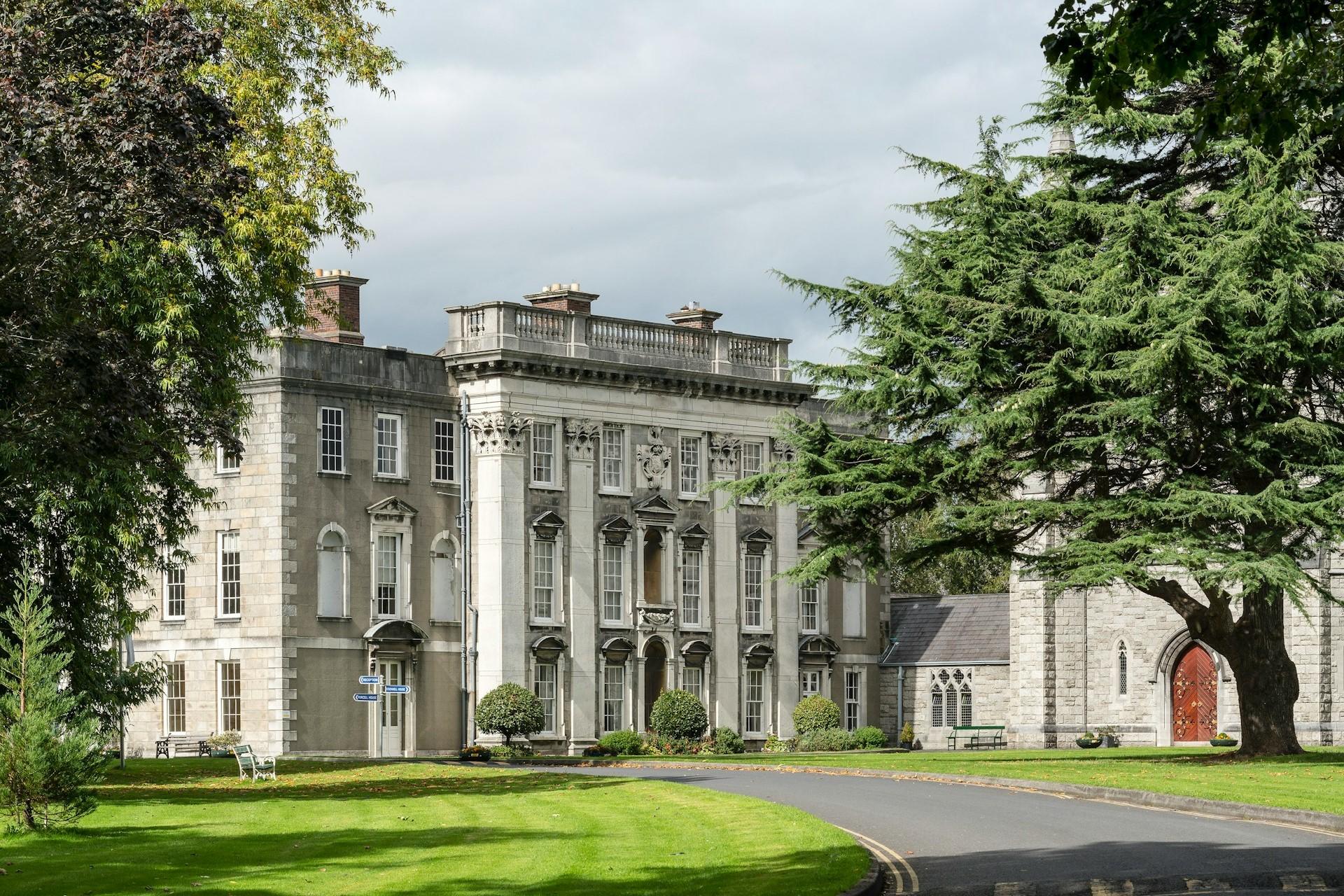
Professional Master of Education (PME)
The Professional Master of Education (PME) is a two-year postgraduate programme designed for graduates with a Level 8 degree.
Essentially, this is the option for those interested in teaching who've already completed their undergraduate degree without having to complete a further four years of education as part of the B.Ed. programme.
The PME is available for both primary and post-primary pathways. Post
Gaeltacht Placements and Practical Teaching
Gaeltacht placements are part of the Irish language and cultural requirements for primary teachers.
These immersive experiences in Irish-speaking communities help aspiring primary teachers improve their Irish fluency and understanding of Irish culture.
There are also practical school placements where they can gain hands-on experience teaching and applying their theoretical teaching knowledge to real classroom environments while under the supervision of qualified teachers.

How Much Do Teachers Earn in Ireland?
Teachers in Ireland generally earn well, and their salaries increase depending on their length of service and year of entry.
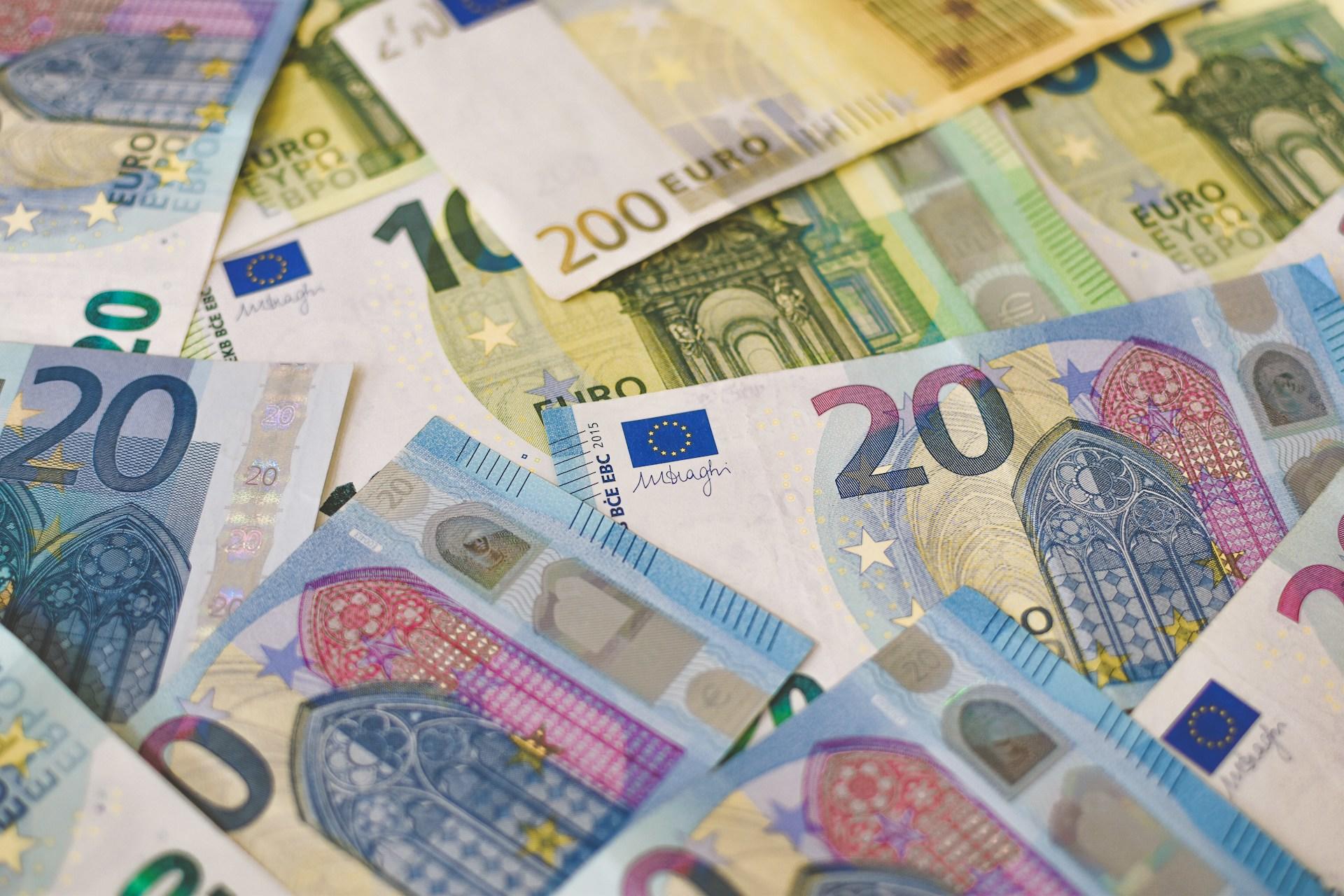
Teacher Salary Scales in Ireland
The salary for teachers in Ireland depends on a number of factors including when they started, how long they've been teaching, and their allowances.
Generally, the longer you've been teaching and the more you do, the more you can expect to earn as a teacher in Ireland.
Teachers appointed before 2011 started on salaries around €41,000 per year, while those appointed after 2011 started on salaries around €43,000.
All teachers' salaries tend to increase annually (though there are a few years into teaching when they don't), reaching a maximum after 27 years of teaching. That said, there are also long service bonuses for 35 years in teaching.
Teaching Salary Allowances
Certain criteria will give teachers additional bonuses (including the Long Service Allowance).
- Teaching Through Irish: €1,890
- Gaeltacht Allowance: €3,658
- Special Education Diploma: €2,911
- Long Service Allowance (after 35 years): €2,774
Other Benefits
Beyond the immediate financial benefits of teaching, including salaries and allowances, teachers also have generous pension schemes, paid leave, and job security.
Additionally, teachers enjoy holidays during the summer and other breaks and maternity and paternity leave.
Unions are also advocating for further adjustments to teacher salaries to address the cost of living, particularly in expensive areas like Dublin.
The Role of the Teaching Council and Registration
In Ireland, the teaching profession is regulated by the Teaching Council to ensure high professional standards. Every teacher in state-recognised schools must be registered with the Teaching Council.
To register, there are a few registration requirements:
- Pass Garda vetting
- Demonstrate qualifications in line with Council standards
- Complete accredited Initial Teacher Education programmes.
Teachers from EU countries can also apply under Directive 2005/36/EC, where their qualifications will be assessed for equivalency.
Non-EU applicants may be required to complete bridging courses or assessments to ensure that their skills meet Irish teaching standards.
The Skills You Need to Become a Teacher in Ireland
Only some people can become teachers, and in addition to subject knowledge (particularly for post-primary education), teachers should have or develop the following skills.
Classroom Management
This involves ensuring that students behave and that the classroom is a positive learning environment.
Communication Skills
Teachers need impeccable communication skills to teach students effectively. These communication skills are also essential for relaying information on students' progress and learning requirements to parents and collaborating with colleagues.
Adaptability
Anyone who's taught before will tell you that even the best-laid plans won't work exactly as intended. Every teacher needs to be able to adapt in and out of the classroom to ensure that every student is learning as effectively as possible.
Inclusivity
Teachers are there to teach all of their students, meaning they'll be required to provide the same education to every student regardless of their background or interest in learning.
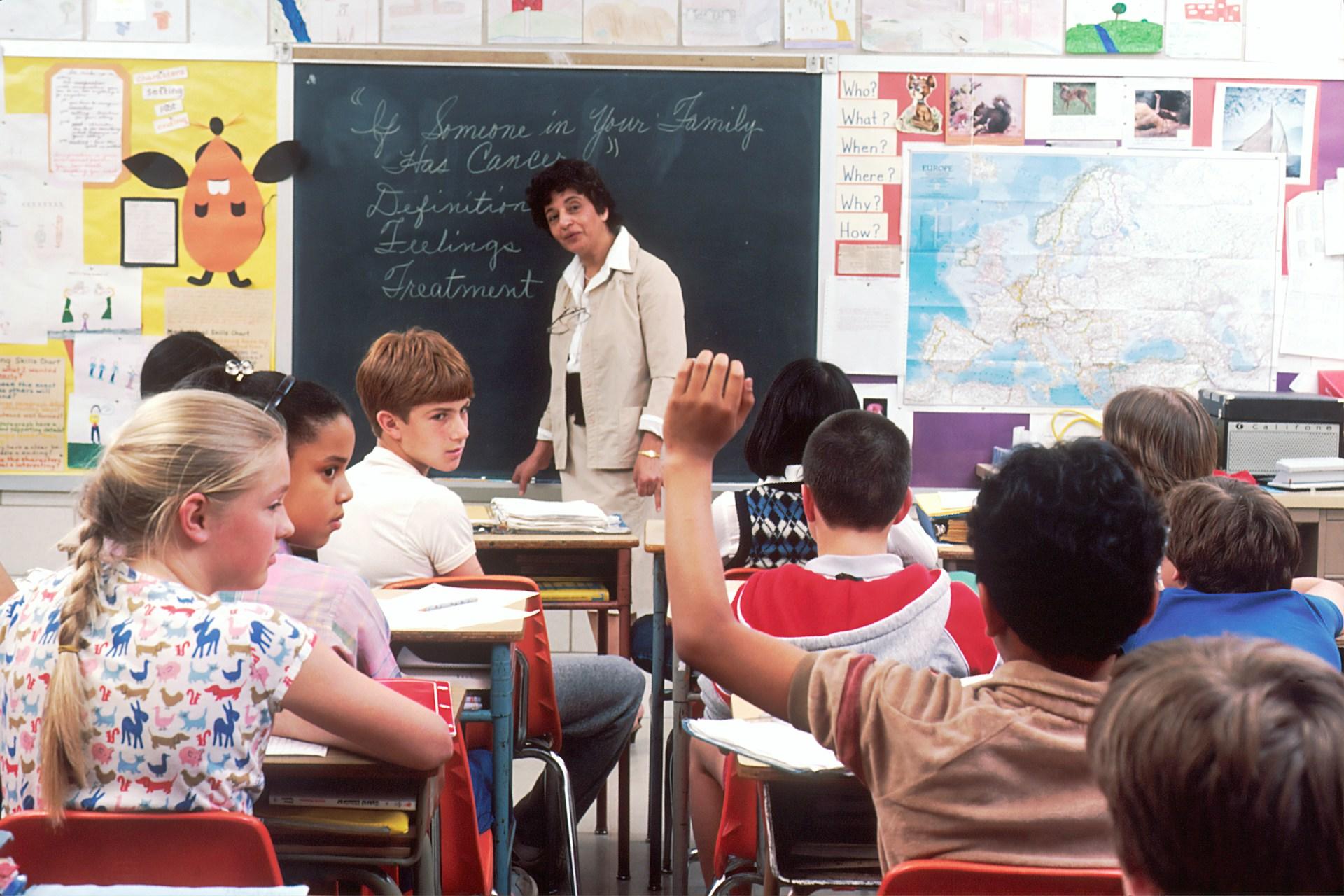
The Pros and Cons of Teaching in Ireland
Teaching is both a rewarding and challenging profession. Before you apply to a teaching qualification, here are some of the main challenges and rewards teachers face and enjoy.
Challenges
- Managing diverse classrooms: One of the most difficult aspects of teaching is teaching every student equally despite differences in background and level.
- Balancing teaching with admin: Teachers have more duties outside of the classroom that they have to worry about.
- Cost-of-living: Though teaching salaries in Ireland are quite good, in more costly areas of the country, particularly Dublin, teachers can see the value of their salaries eroded.
Rewards
- Making an impact: Teachers can enjoy making a positive impact on the lives of their students.
- Building lasting relationships: Teachers, especially those who spend their entire careers teaching, will see students grow up and make lifelong friendships with colleagues and coworkers.
- Financial stability and opportunities for growth: Teaching is a stable job with a good salary and benefits. Teachers can also move into non-teaching roles and increase their earning potential.
Summarise with AI:

